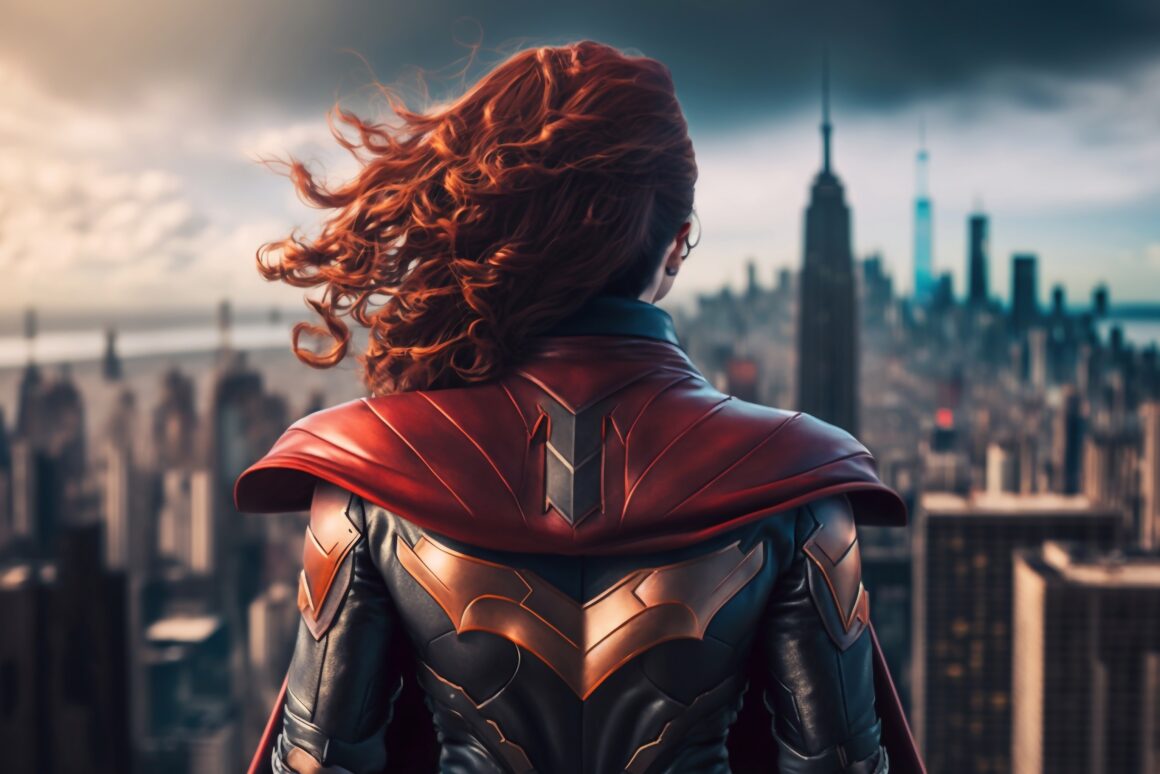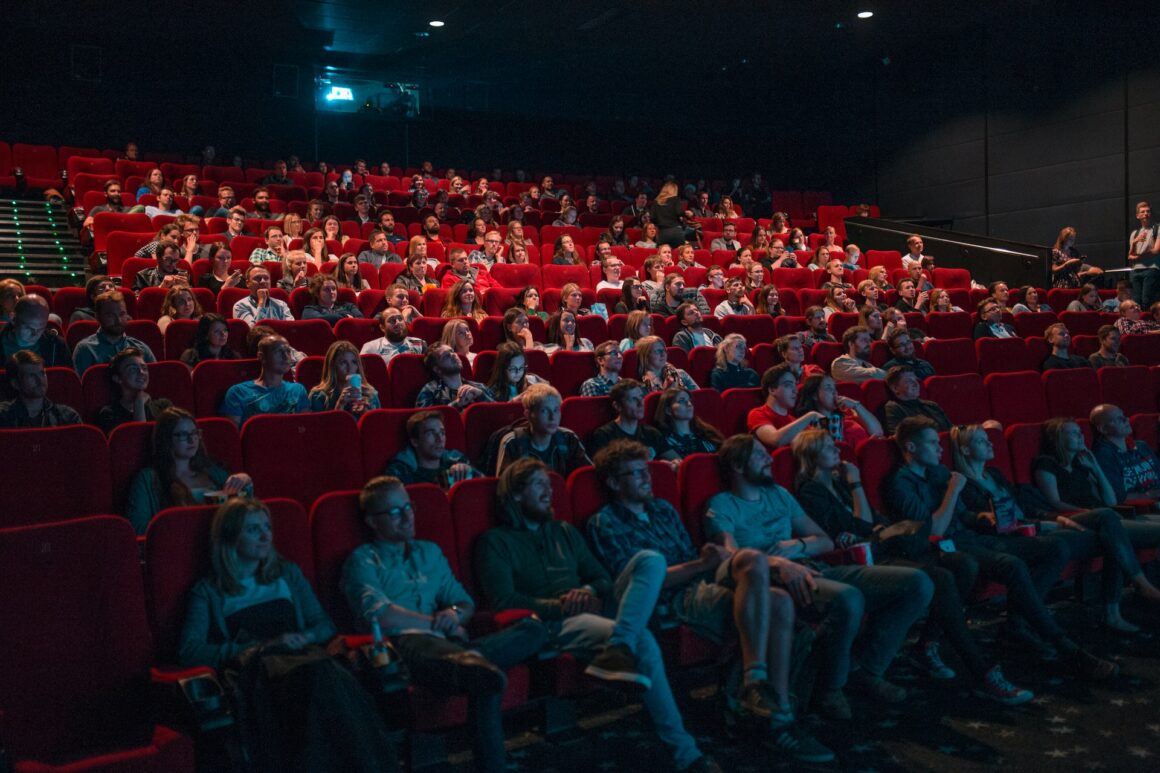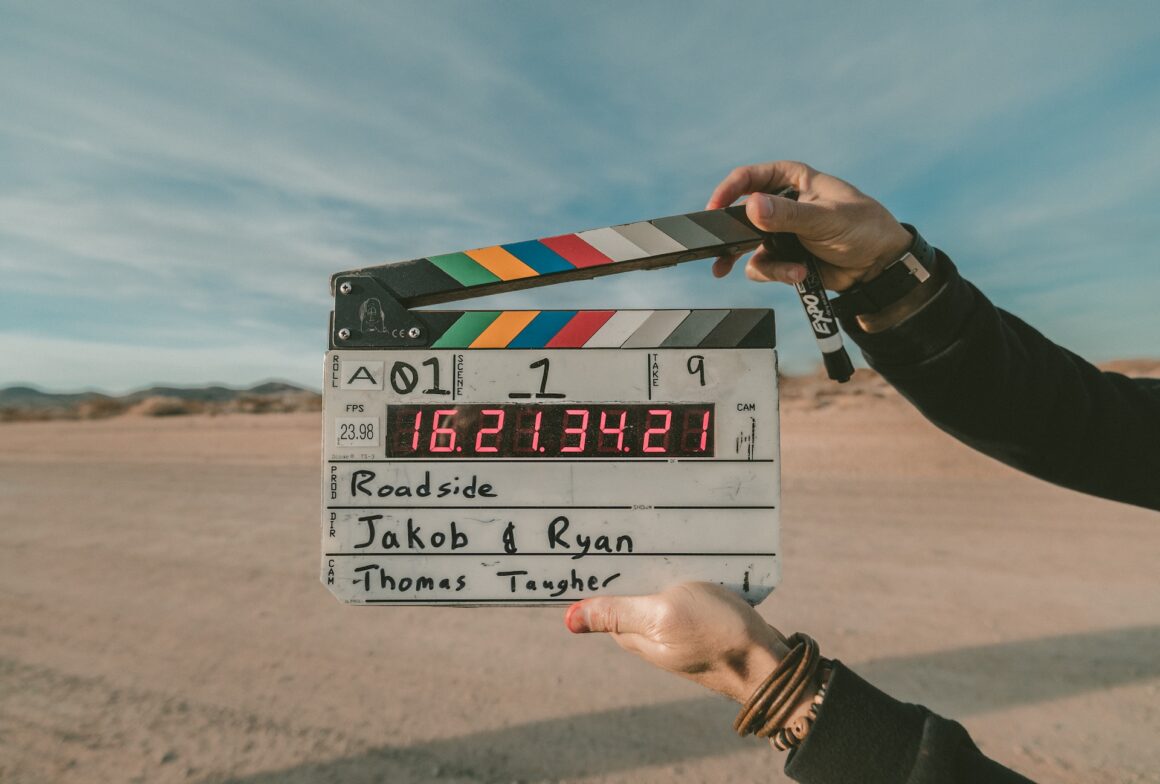“Trap music,” is the subject to some harsh criticism. Is it actual rap? Is it even music? Is it just straight up garbage?
“So many of us are guilty of buying in into the stereotypes surrounding trap music that we refuse to analyze the actual complexity of these artists and the image the artists are painting.”
For those that enjoy trap music, they embrace it due to it’s awesome sound production, catchy hooks, and it’s mesmerizing ad-libs. For those that object trap music, they refute it due to it’s lack of lyricism, overtly explicit content, and it’s lack of substantial meaning.
Which is ok.
We all have our musical preferences. Some of us would much rather prefer J. Cole over 21 Savage. And some of us would much rather prefer Young Dolph over Big Sean. Neither chosen preference is the wrong selection but at times it often seems like that.
There is this stigma that we see surrounding trap music… that trap music is the washed down version of rap music nowadays. That people who listen to trap music could never ever learn to appreciate a J. Cole album due to their allegiance to music that is often stigmatized for a lack of lyricism. That only a certain group of people who achieve 3.5’s and 4.0’s can decipher a Kendrick Lamar verse and the people you see lingering in the hallways can only go as far as understanding a Chief Keef verse. We often criticize trap music and attack the artist behind this sub-genre instead of understanding where these artists come from and why their content may differ from the content that we may have been used to hearing in “real rap.” By no means, am I trying to overcompensate for the criticism that is placed on trap music. Because the fact of the matter is this… whether trap music is here today or it is gone tomorrow… the actual TRAP is going to remain regardless. The “hood,” or the “ghetto,” is going to continue to subsist and if the music one day fades away–everything else that makes up these areas are going to remain prevalent. So trap music isn’t merely just music. It’s a lifestyle that we often forget most people are living. What often goes unrecognized is that these artists who are virtually turning the worst of their circumstances such as poor public educational systems, poverty-stricken environments, and inevitable encounters with violence/sex/drugs, into music that may not be as lyrically sufficient as a Kanye West song, but nonetheless, it depicts that African-Americans in music (and in anything for the matter) are interchangeable parts of expression. And just because some people can not get with the music, does not make it “trash.”
What I feel like most people are not understanding is that trap music is not aiming to pack the lyrical punch that you could typically find in a Tupac, Biggie, Jay-Z, or Eminem song. So why do we continue to compare the two? We would not compare Metal Rock bands to Psychedelic Rock bands. We would not compare Gospel artist Kirk Franklin to a Christian artists like Michael W. Smith. And we wouldn’t compare a group like Odd Future to a group like A Tribe Called Quest. And why wouldn’t we? Simple. Because neither bands or artists are partaking into the same type of music as it’s other counterpart. They all create different sounds and with their musical ability, create different emotions for different audiences.
SAME. EXACT. THING. FOR. TRAP. MUSIC.
You wouldn’t say anyone is less in line with their faith in Jesus Christ because they prefer Tye Tribett over Hilsong. So why do we question one’s appreciation for rap music because they prefer to listen to Migos over Lupe Fiasco?
With trap music, we often like to target the explicit, lyrical content that these artists spew vigorously into their songs, rather than targeting the explicit, dangerous environments that these artists have once inhabited.
Sure, you may have a trap artists who rap about drugs of all kinds such as percocets, molly, or weed, more than the “average,” rapper, but when you have artists who grow up in a culture where drugs were the means of pleasure and even finances, what do we expect them to rap about? When you have artists who have been dead poor their whole entire lives, how can we expect them to not prioritize money as the ultimate end-all, be-all? Of course to us middle-class listeners, we don’t view money in the same light as these artists because we have been fortunate enough to lead more financially stable lifestyles but who am I to not even acknowledge the perspective that these artists are foretelling? What people are essentially doing is simply looking at trap music as music for the ignorant, made by the ignorant, and are breaking down the aesthetics of trap music to a very simple-minded approach. So many of us are guilty of buying in into the stereotypes surrounding trap music that we refuse to analyze the actual complexity of these artists and the image the artists are painting.
When I listen to G-Herbo, or Lil Reese talk about the struggles they endure living in Chicago and are able to portray these anecdotes in a fashion that resonates the best with them, their lifestyle, and what is sonically appealing to their ears, who am I to judge? You have hundreds of thousands of kids of all economic classes bumping their music, not only because it “cranks,” or you can “turn up,” to it, but because these artists are speaking and giving some real insight that often gets neglected in American society: the life of poor black people.
These artists are doing exactly what artists are called to do: be themselves.
Just because Lil Reese isn’t rapping in the same peculiarity as a Nas, or a RZA, does not mean his story and music is subject to be so easily dismissed and stigmatized as “ignorant,” music. There has to be more of an open-mindedness attached to trap music. The same open-mindedness that we often see secluded from people who live in a different economic class from us. We refuse to accept or take these different perspectives into account merely because of the people these perspectives are coming from. We view them as null and insufficient because an artists may not be able to rap fast like Eminem but these stories and songs deserve the same type of respect as we would give to any other artists in their respective genres.
The idea that all trap music is “trash,” is aggravating. Ideally, yes. There will be some trap songs that are god-awful. There will be some artists who are mumbling 98% of the song and the other 2% is a catchy beat. But just like some trap songs can be awful, isn’t that the same scenario for any genre? Realistically speaking, every genre is liable of having some terrible artists and songs under it’s belt. But for some reason, we don’t criticize these kind of songs and artists like we normally do with trap music and that is because we often deprive these artists of the artistic integrity that they are so rightfully entitled to possess and exercise with their music.
Trap music has a voice. It has a voice for a crowd that is often neglected and forgotten. Inner cities continue to misrepresented in our country. A little black boy in Chicago is being represented by a white man whose eyes couldn’t dare see what he’s seen. But rapper Lil Durk has seen what that little black boy has seen, and has lived through what that black boy is going through. That little boy sees his life through the life of Lil Durk, and he feels that “you know what? There is somebody who gets me and my life.”
You may not like trap music and you don’t have too. Everybody likes what they like. But don’t write it off as “ignorant music,” when to some, it is an actual depiction of the lives they love and the lives they one day hope to overcome.
Michael Eric Dyson has a beautiful quote on the subject of this matter and if you replace “gangsta rap,” with “trap music,” then it’s pretty much spot on.
“Gangsta rap often reaches higher than its ugliest, lowest common denominator, misogyny, violence, materialism and sexual transgression are not its exclusive domain. At its best, this music draws attention to complex dimensions of ghetto life ignored by most Americans. Indeed, gangsta rap’s in-your-face style may do more to force America to confront crucial social problems than a million sermons or political speeches.”





Comments are closed.